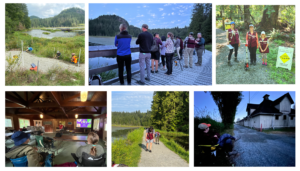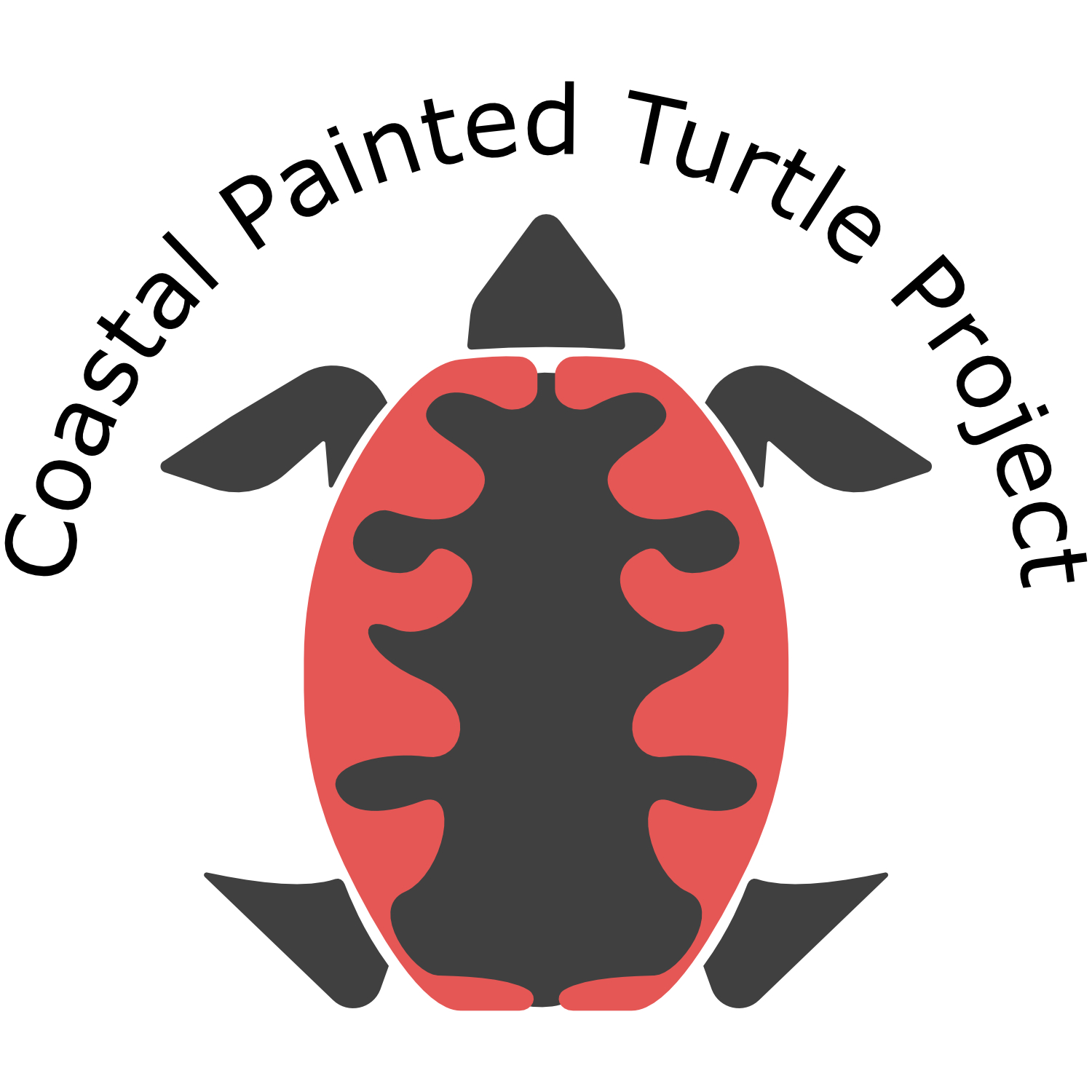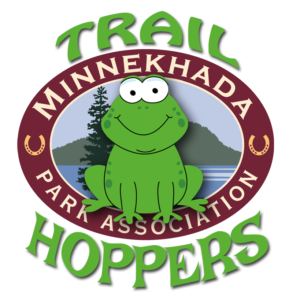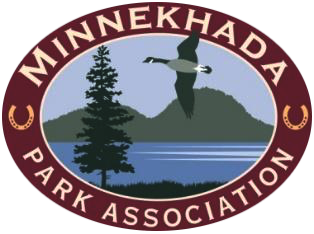What is Citizen Science?
In recent years, citizen science has become one of the most helpful tools in a scientist’s toolbelt, but what exactly is citizen science, and how is it helpful? Well, citizen science is the practice of using volunteers in the scientific process. The most common use of citizen science is during data collection, but it can include other parts of the scientific process, such as data analysis and interpretation.
In the past, citizen science was not commonly accepted, as it was thought to be unreliable. However, citizen science can be traced back to the late 19th century, when formalized bird counts were created to count bird populations and observe their migration patterns, including the Christmas Bird Count, started by the National Audubon Society in 1900.

Benefits of Citizen Science
Citizen science has a lot of benefits to not just science but to society, policy, and the participants themselves. Using citizen sciences allows a researcher to collect a larger body of data than when researchers collect it (i.e., more people can collect more data in a set period). Participants also benefit from participating in citizen science. Firstly, it allows them to improve their understanding of scientific issues through orientation and training. Additionally, participating in citizen science can foster a sense of stewardship for the issue at hand.
One of the main benefits of citizen science is that it allows for the co-production of knowledge that can be used for the benefit of the community. For example, citizens can help ensure that research topics are relevant and beneficial to the community. They can also add a new perspective to the issue at hand. Participants in citizen science are a sort of bridge between the researchers and the community. They can help build trust and communication between the researchers and the communities, especially if the community is wary of outsiders. More importantly, citizen science can facilitate policymaking. With the citizens involved in the scientific process, it allows for better public engagement in decision-making, creates public support for a measure, and helps with better implementation and enforcement. All in all, there are many benefits to using citizen science as part of the scientific process and very few drawbacks.



How you can help!
There are many citizen science projects in which you can participate, including at Minnekhada! We currently have three citizen science projects you can be a part of: BC Bat Counts, Western Painted Turtle Monitoring, and Trail Hoppers! Every year from June to August, we conduct bat counts in partnership with Community Bat Programs of BC. This data is added to their large data set, which monitors bat populations across the provenance (read more about the project here). In partnership with Coastal Painted Turtles, we also help monitor nesting Western Painted Turtles females from May to June. During these surveys, we look for turtle nests and help relocate the eggs to the protected nesting beach within Minnekhada (read more about the project here). Lastly, you can join our Trail Hoppers program that focuses on monitoring Western Toad populations at Minnekhada. 2023 was our first year monitoring toadlets. This year, we hope to expand to include adult toad monitoring. Adult toad monitoring takes place from March to May, and toadlet monitoring can occur anytime between June and August (read more about the project here).
If you are interested in being part of a larger international initiatives, then consider joining this years Christmas Bird Count. Below I have listed several of the Christmas Bird Counts in the area:
- Vancouver Bird Count – December 16, 2023
- Pitt Meadows – December 30, 2023
- Ladner – December 18, 2023
- White Rock/Surrey/Langley – December 28, 2023
- Abbotsford/Mission – Date Unknown
Click here for more information on how to join a Christmas Bird Counts!
Other great projects you can participate on your own:
- Great Backyard Bird Count
- Butterflies and Moths of North America
- Monitor Bird Nests nest watch
- iNaturalist
What other projects do you know of?




